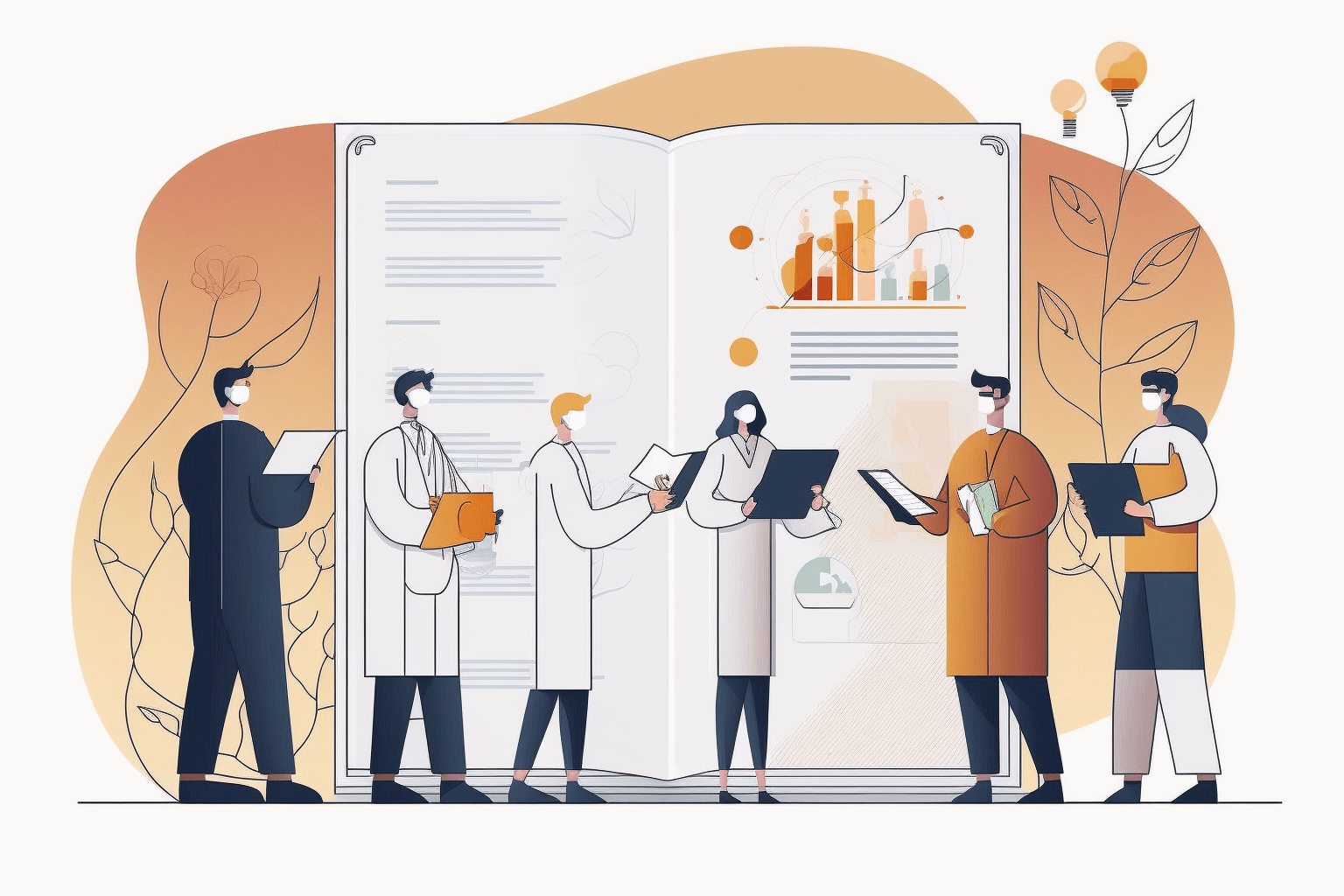Virtual Data Rooms For The Pharmaceutical Sector
Posted in Guidance on April 12th 2023
Virtual Data Rooms For The Pharmaceutical Sector
Posted in Guidance on April 12th 2023
The pharmaceutical industry involves complex processes, stringent regulations, and the handling of sensitive information. A virtual data room (VDR) is a secure online platform designed to store, manage, and share confidential documents. Its advanced features make it an indispensable tool for the pharmaceutical industry, streamlining collaboration, protecting intellectual property, and ensuring regulatory compliance. In this article, we will explore how VDRs can be used effectively in the pharmaceutical sector.
Streamlined Collaboration
Pharmaceutical research and development (R&D) often require collaboration among various stakeholders, such as researchers, investors, and regulators. VDRs facilitate seamless communication and document sharing, allowing team members to work together efficiently, even if they are located in different parts of the world.
Protecting Intellectual Property
In the pharmaceutical industry, safeguarding intellectual property (IP) is of utmost importance. VDRs offer advanced security features, such as encryption, access controls, and watermarking, to protect sensitive documents, including patents, research data, and trade secrets.
Regulatory Compliance
Pharmaceutical companies must adhere to strict regulations, such as FDA guidelines, HIPAA, and GDPR. VDRs provide detailed audit trails, allowing companies to maintain transparency, track document access, and ensure compliance with relevant laws and regulations.
Mergers and Acquisitions (M&A)
M&A activities in the pharmaceutical sector require extensive due diligence, involving the analysis and sharing of vast amounts of confidential data. VDRs enable secure and efficient document sharing, simplifying the due diligence process and reducing the risk of data breaches.
Clinical Trials
Managing clinical trial data is a critical aspect of the pharmaceutical industry. VDRs can store and organize large volumes of sensitive patient data securely, ensuring easy access for authorized personnel and maintaining patient confidentiality.
Licensing and Partnerships
Pharmaceutical companies often engage in licensing deals and strategic partnerships, which require the sharing of proprietary information. VDRs provide a secure platform for sharing confidential documents, helping companies negotiate and finalize agreements with minimal risk.
Investor Relations
Pharmaceutical companies regularly communicate with investors, sharing financial reports, updates on drug development, and other sensitive information. VDRs facilitate secure document sharing, helping companies maintain transparency and build trust with investors.
Conclusion
Virtual data rooms are transforming the pharmaceutical industry by providing a secure and efficient platform for managing sensitive information. From R&D collaboration to M&A activities, VDRs streamline various processes, ensuring regulatory compliance, and protecting intellectual property. As the pharmaceutical landscape continues to evolve, VDRs will play an increasingly crucial role in driving innovation and growth.


